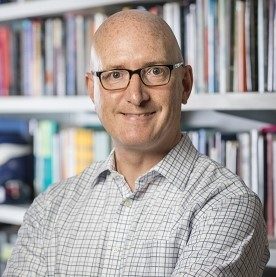Author Meets Critic

Author Meets Critics: Places in Need: The Changing Geography of Poverty
Scott W. Allard, Professor, Evans School of Public Policy and Governance
11/22/2019
12:30-1:30 PM PT
Co-Sponsor(s):
Co-sponsored by West Coast Poverty Center
Contrary to the familiar urban-suburban narrative about poverty in the U.S., there are more poor persons living in the suburbs of American cities than in the cities themselves today. Poverty rates have increased dramatically in suburbs over the last 20 years, as has the concentration of poverty in suburbs. The rise of poverty in suburbs, however, has not coincided with a decrease of poverty in cities. In fact, poverty is more prevalent in cities today than in 1990.
Apart from its practical and demographic significance, the changing spatial distribution of poverty in metropolitan America creates new challenges for the delivery of antipoverty assistance and transform safety net politics. This book offers several important original insights into the interconnections between place, poverty, and the safety net in contemporary America using a unique combination of data from the Census Bureau, administrative data from state safety net programs, information about local nonprofit human service financing, as well as field work and in-depth interviews in three focal metropolitan areas (Chicago; Los Angeles; and Washington, D.C.). Together, these data provide multiple vantage points from which to consider the realities and consequences of the shifting geography of poverty in metropolitan America. With a careful analysis of how poverty has changed across cities and suburbs, this book provides a foundation for future inquiry and policy activity surrounding the changing geography of poverty in America.
Scott W. Allard is the Daniel J. Evans Endowed Professor of Social Policy at the Evans School of Public Policy and Governance at the University of Washington with expertise in poverty and inequality, social welfare policy, and urban policy. He is the co-director of the Family Self-Sufficiency Data Center at the University of Chicago. In addition to his appointment at the University of Washington, he is a nonresidential senior fellow at the Brookings Institution Metropolitan Policy Program, and an affiliate of the Institute for Research on Poverty at the University of Wisconsin-Madison.